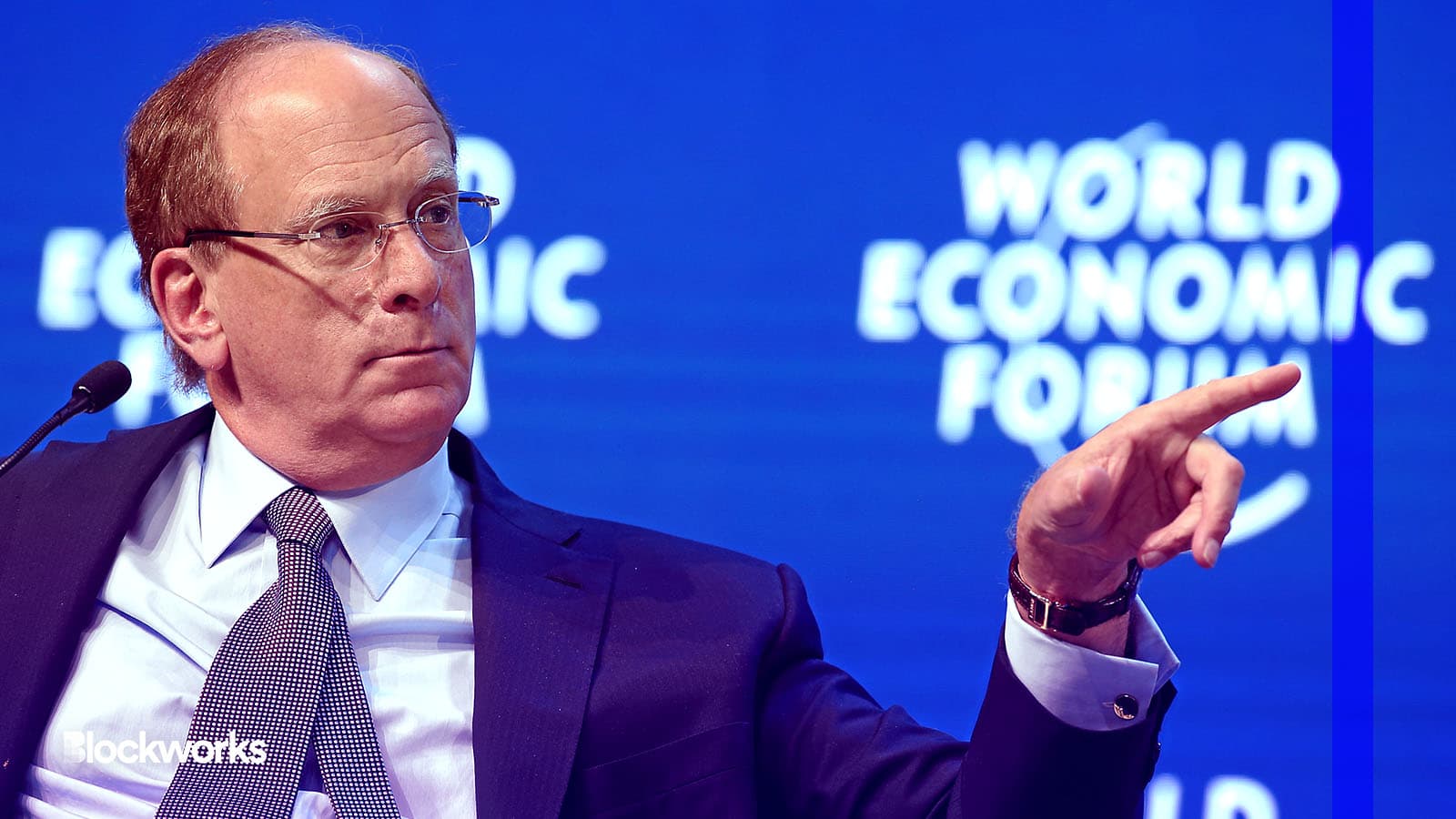Tyson Foods (TSN), the leading U.S. meat supplier, is undertaking a significant restructuring effort under the leadership of CEO Donnie King. Acknowledging the company's inefficiencies and complacency, particularly post-pandemic, King is driving a revival strategy focused on automation and operational efficiencies. Despite the surge in meat prices boosting industry profits during the pandemic, Tyson faced a downturn in demand, resulting in an 85% plunge in adjusted net income for the fiscal year ending in September. Tyson's shares have consequently dropped by 24% this year, underperforming compared to its peers. The company's recent credit rating downgrade by S&P Global Inc. to BBB highlights the urgency for Tyson to enhance its production assets and regain profitability, especially in its chicken segment.
King, who rejoined Tyson in September 2020 and was appointed CEO in June 2021, emphasizes the company's commitment to improvement. Tyson has embarked on a journey to upgrade its operations, focusing on labor and yield management. This includes closing eight plants across the U.S. as part of an ongoing asset review process, signaling a shift towards modernization and alignment with Tyson's strategic goals. The closure of outdated facilities like the Glen Allen plant in Virginia is part of Tyson's broader plan to invest in more advanced and automated plants.
The newly inaugurated 325,000-square-foot facility in Danville, Virginia, represents Tyson's future direction. This plant, which produces ready-to-eat products like chicken nuggets, embodies the advanced automation and technology Tyson is investing in, part of a $1.3 billion automation initiative. With robots handling challenging production tasks, the Danville facility sets the standard for Tyson's operational aspirations. A similar plant is slated to open in Bowling Green, Kentucky, to produce bacon and other products, further expanding Tyson's capacity in branded, higher-margin products.
King's strategy for Tyson is clear: prioritize growth in branded, ready-to-eat products that offer higher margins than commodity meat cuts. With the prepared foods unit already contributing significantly to Tyson's operating income, the focus on this segment aligns with the company's strengths and market opportunities. As Tyson navigates through its operational and strategic overhaul, the industry watches closely to see if these efforts will restore Tyson's position as a leading and efficient meat producer.


